Peyote Tea for Sale
Peyote Tea for sale; Peyote cactus (Lophophora williamsii) is one of the most sacred and historically significant plants in North and Central America. For thousands of years, indigenous cultures have revered peyote as a powerful ceremonial and spiritual plant, often prepared as peyote tea during rituals and healing ceremonies.
Today, interest in peyote cactus tea has grown, especially among researchers, cultural historians, and collectors. But because of its unique cultural role and legal restrictions in many regions, it’s important to approach this subject with knowledge, respect, and responsibility.
This article explores the history of peyote tea, its cultural significance, what buyers should know, and where peyote-related products may be legally available for sale.
What is Peyote Tea?
Peyote tea is a traditional herbal infusion prepared by boiling or steeping parts of the peyote cactus. The cactus itself is small, spineless, and button-shaped, typically growing in desert regions of northern Mexico and the southwestern United States.
Indigenous peoples have long brewed peyote tea as part of spiritual and healing practices. It is deeply symbolic, often consumed in ceremonies led by shamans, healers, or tribal elders. In these traditions, peyote tea is more than a beverage it is a gateway to spiritual insight, healing, and connection with the natural world.
The rising interest in peyote cactus tea for sale highlights a growing curiosity about traditional plants and indigenous wisdom. But peyote is not a casual commodity it is a sacred cactus with profound cultural significance, protected by law and revered for millennia.
Cultural and Historical Significance Of Peyote Tea
The use of peyote dates back over 5,000 years, with archaeological evidence linking it to ancient Mesoamerican cultures. For indigenous groups such as the Huichol, Tarahumara, and Native American Church communities, peyote is regarded as a sacred plant spirit.
Key Roles of Peyote Tea in Tradition:
-
Healing Ceremonies – Used to promote physical, emotional, and spiritual healing.
-
Visionary Guidance – Consumed for spiritual visions and connection to the divine.
-
Community Rituals – Integral to group ceremonies that strengthen cultural bonds.
-
Sacred Symbolism – Represents resilience, spirituality, and balance with nature.
Because of this deep cultural connection, peyote is protected under religious freedom laws in some regions, allowing its continued ceremonial use among indigenous groups.
Buy Peyote Tea
Before searching for peyote tea for sale, it’s crucial to understand its legal framework.
-
In many countries, including the United States, peyote is classified as a controlled substance, making its sale or purchase for recreational purposes difficult.
-
However, exceptions exist for indigenous groups and members of the Native American Church, who are legally allowed to use peyote in ceremonial contexts.
-
In Mexico, where peyote grows naturally, it is considered a protected species. Overharvesting is a concern, so responsible cultivation and protection efforts are vital.
Because of these restrictions, genuine peyote cactus tea is extremely limited and usually reserved for cultural, religious, or research purposes.
When Buying Peyote Tea
The growing popularity of peyote has led to concerns about overharvesting, exploitation, and cultural appropriation. If you’re interested in peyote tea, here are key ethical points to keep in mind:
-
Respect Indigenous Traditions
Peyote is not just a product it is a sacred plant with deep cultural meaning. Recognizing and honoring this heritage is essential. -
Sustainability Matters
Peyote grows slowly, taking up to 10 years to mature. Unsustainable harvesting threatens wild populations, which is why ethical sourcing or cultivation is critical. -
Legal Awareness
Always check the laws in your country or region before attempting to buy or consume peyote tea. Purchasing from unauthorized sellers may not only be illegal but also unsafe. -
Alternatives for Collectors and Researchers
Many people interested in peyote turn to legal cactus alternatives (such as San Pedro or Peruvian Torch) or purchase non-psychoactive peyote replicas for educational or decorative purposes.
Where to Find Peyote Tea for Sale
If you’re researching where to buy peyote tea, you must proceed carefully and responsibly. Options are limited due to cultural protections and legal restrictions.
1. Native American Ceremonial Use
In the United States, peyote tea may be consumed legally in ceremonies conducted by members of the Native American Church. These are sacred gatherings, not commercial sales, but they represent the most authentic context for peyote tea use.
2. Cultural and Educational Sources
Some licensed cultural centers, ethnobotanical organizations, and researchers may provide access to peyote tea in strictly educational or research-based contexts.
3. Online Vendors (Caution Advised)
Certain online shops claim to sell peyote tea or related products, but most are either illegal, unreliable, or counterfeit. Buyers must be cautious and avoid unsafe or unauthorized sources.
Many enthusiasts turn to San Pedro (Echinopsis pachanoi) or Peruvian Torch (Echinopsis peruviana), both of which are fast-growing cacti legally available in many regions. These alternatives are often sold for ornamental or educational purposes and provide a sustainable option for collectors.
Benefits of Peyote Tea (Cultural and Historical Perspective)
Traditionally, peyote cactus tea has been valued for its spiritual, medicinal, and symbolic benefits. Some of these include:
-
Spiritual Connection – Used to promote visions and divine insight.
-
Healing – Traditionally believed to restore balance between body, mind, and spirit.
-
Meditation & Ritual – Helps participants focus during ceremonies and prayers.
-
Cultural Preservation – Keeps indigenous traditions alive across generations.
It’s important to note that these benefits are framed within spiritual and cultural contexts. Modern buyers should avoid treating peyote cactus tea as just another “herbal product.”
For those who qualify through cultural or religious channels, peyote tea remains a powerful symbol of healing, spirituality, and tradition. For others, the best path forward may be education, research, or sustainable alternatives that honor the legacy of this extraordinary plant.
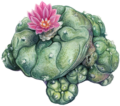
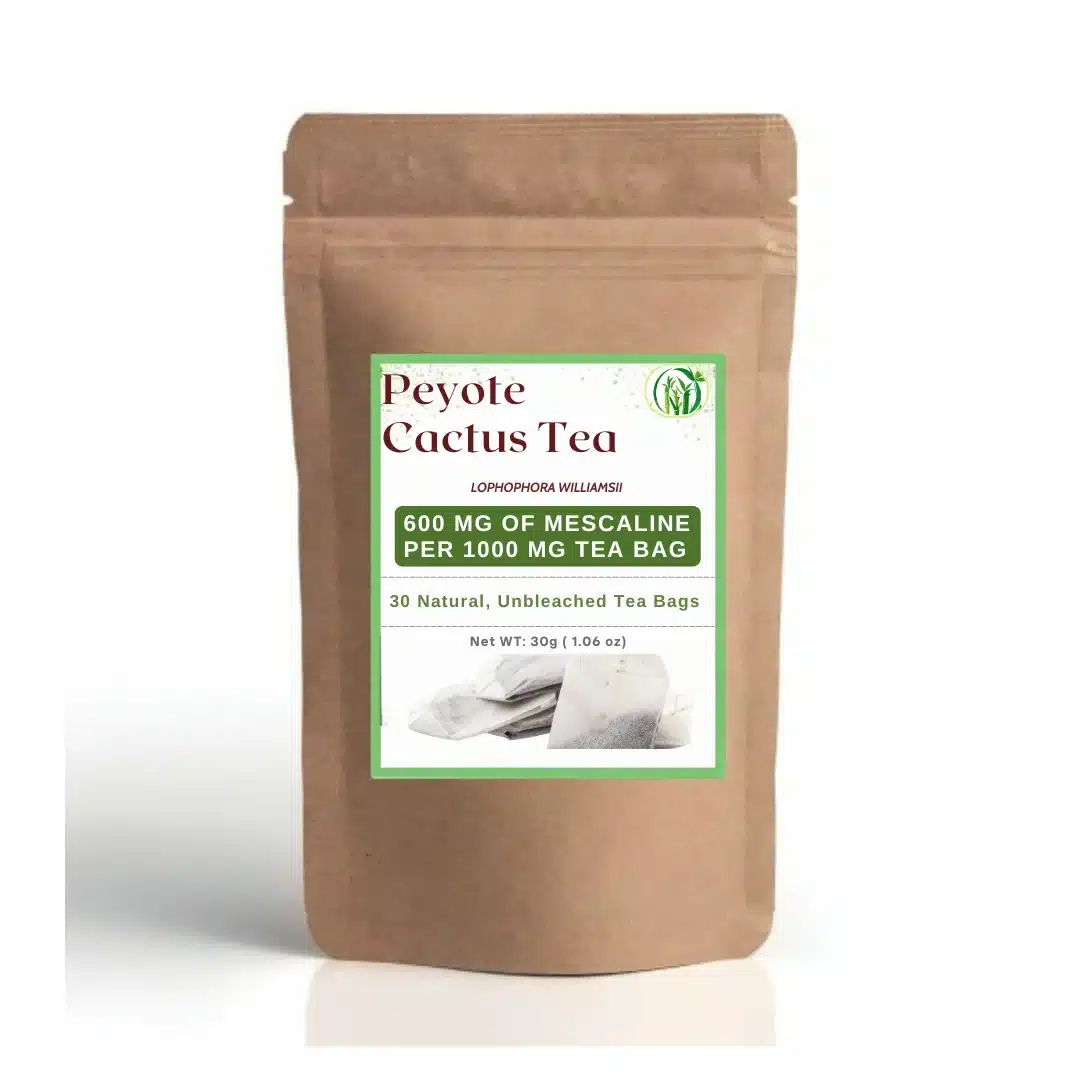
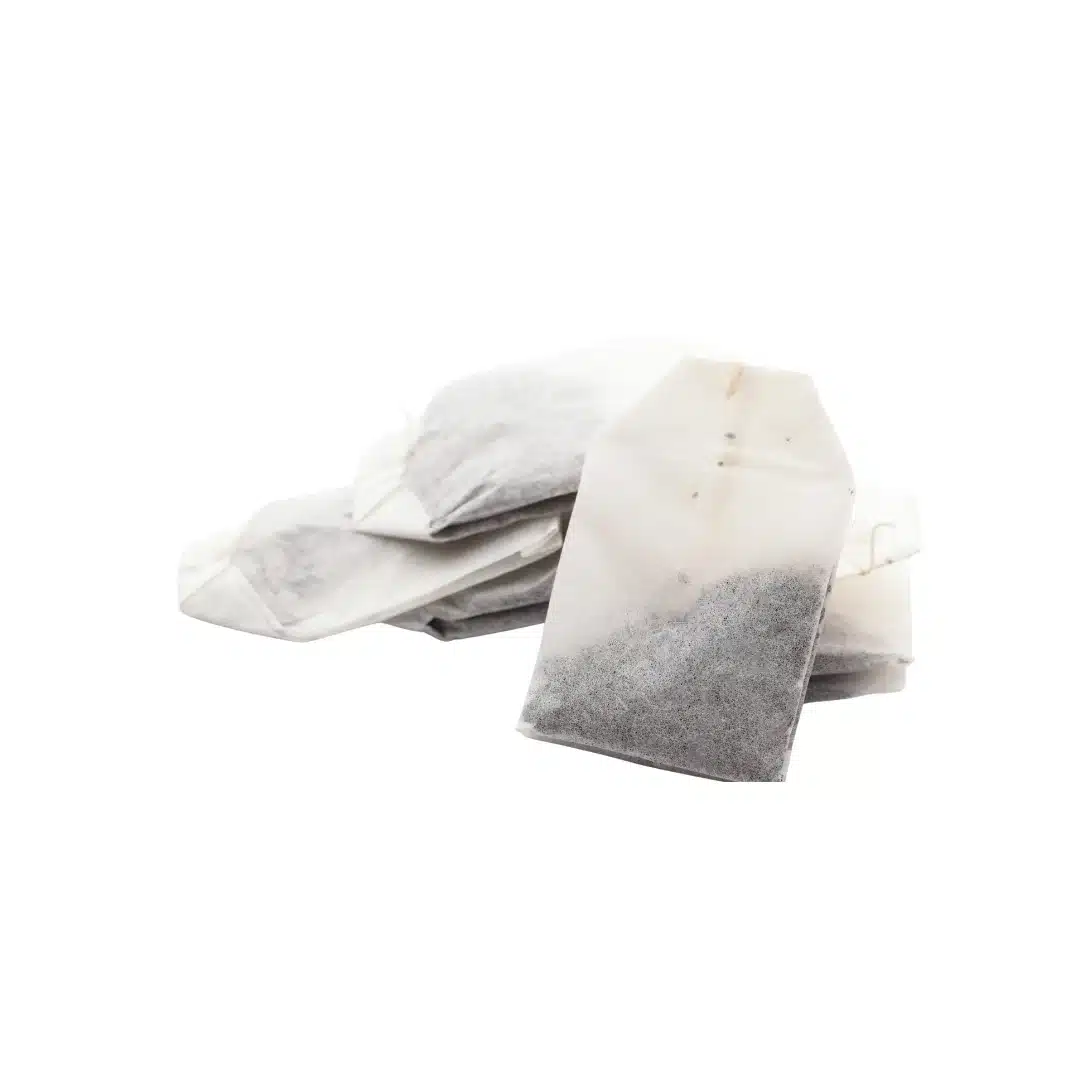
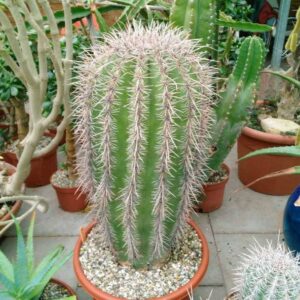
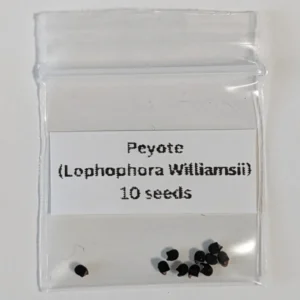
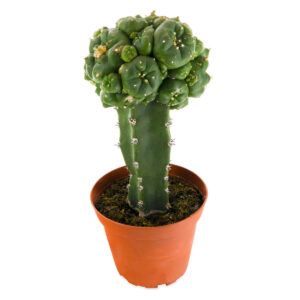
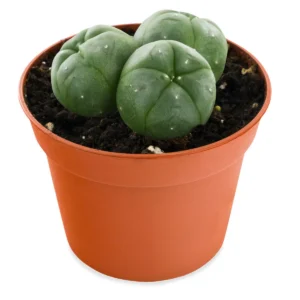
Reviews
There are no reviews yet.